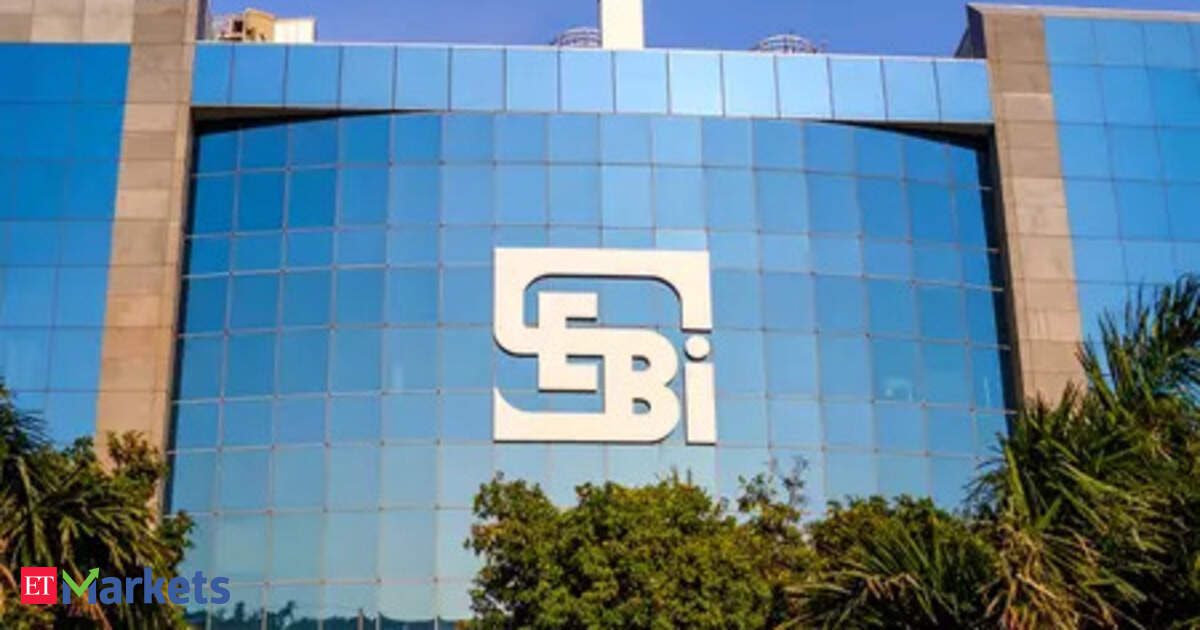
Sebi has extended the T+0 settlement cycle deadline to 2025, a crucial regulatory update impacting Qualified Stock Brokers (QSBs) and trading timelines. This move addresses system readiness challenges, ensuring a smoother transition for investors by preventing operational disruptions and maintaining confidence.
The extension is vital for Sebi’s phased introduction of advanced settlement mechanisms, providing QSBs necessary runway for integration. This decision echoes the careful approach taken during the T+2 to T+1 transition, prioritizing market stability.
As of market close today, the original deadline was November 1, 2025, previously extended from May 1. Further guidance from Sebi is expected.
This analysis delves into the implications of this extension.
Expert Market Analysis
The Securities and Exchange Board of India (Sebi) has strategically extended the deadline for Qualified Stock Brokers (QSBs) to implement the optional T+0 settlement cycle, pushing it to 2025. This decision acknowledges the significant system readiness challenges faced by brokers, mirroring the careful approach taken during the T+2 to T+1 transition. Historically, such shifts in settlement cycles necessitate meticulous planning to mitigate market disruptions and ensure operational continuity. This extension reflects Sebi’s commitment to a gradual enhancement of market efficiency while prioritizing stability, allowing QSBs crucial time for infrastructure upgrades and comprehensive testing. The original November 1, 2025, deadline, itself a postponement from May 1, underscores the evolving understanding of the complexities involved in modernizing India’s trading infrastructure.
The full implementation of the T+0 settlement cycle promises substantial benefits, including the reduction of settlement risk and an improvement in market liquidity through same-day settlement of trades. However, achieving this requires significant overhauls of trading platforms, risk management systems, and back-office operations for QSBs. These upgrades are paramount for efficiently managing increased settlement frequencies and maintaining the integrity of financial transactions. Market analysts emphasize that while faster fund and security movement offers considerable advantages, the technical and operational transformation demands rigorous planning and extensive validation. The initial limited rollout in March 2024, covering 25 scrips, provided invaluable insights into these requirements, pinpointing potential bottlenecks that now have an extended period for thorough addressing. This gives QSBs the opportunity for more robust system development and comprehensive testing, thereby mitigating the risks associated with premature deployment.
Comparing this situation to other market infrastructure developments, regulatory changes in settlement cycles are typically managed through phased implementations to allow participants adequate adaptation time. The current T+0 extension aligns with the prudence demonstrated during the T+2 to T+1 transition, showcasing a consistent regulatory philosophy focused on market stability. While no specific QSBs are singled out, the collective impact suggests a universal need for more time across the broking industry to ensure a competitive and level playing field. The ultimate success of this optional settlement cycle hinges on the unified readiness of QSBs, highlighting the profound interdependence within the financial ecosystem. Industry stakeholders have consistently advocated for a phased approach, a sentiment Sebi appears to have carefully integrated into this recent decision.
From an investor’s perspective, this extension provides a buffer against potential service disruptions during critical system upgrades, though it delays the anticipated benefits of faster settlement and immediate liquidity. For QSBs, the extended timeline is an invaluable opportunity to refine their technological infrastructure and operational workflows. Key risks to monitor include the actual pace of system development by QSBs and the clarity of Sebi’s future guidance on implementation specifics. The overarching objective remains the fostering of a more efficient and robust market microstructure. This delay, while postponing immediate advantages, is a strategic measure towards achieving that objective effectively, ensuring a smooth investor onboarding experience when the cycle is eventually more widely adopted.
Related Topics:
Sebi T+0 settlement, QSB deadline extension, Indian stock market, Financial regulation India, Trading settlement cycle, Stock broker compliance, Market microstructure, Sebi regulatory update 2025, Market efficiency, Investor confidence



